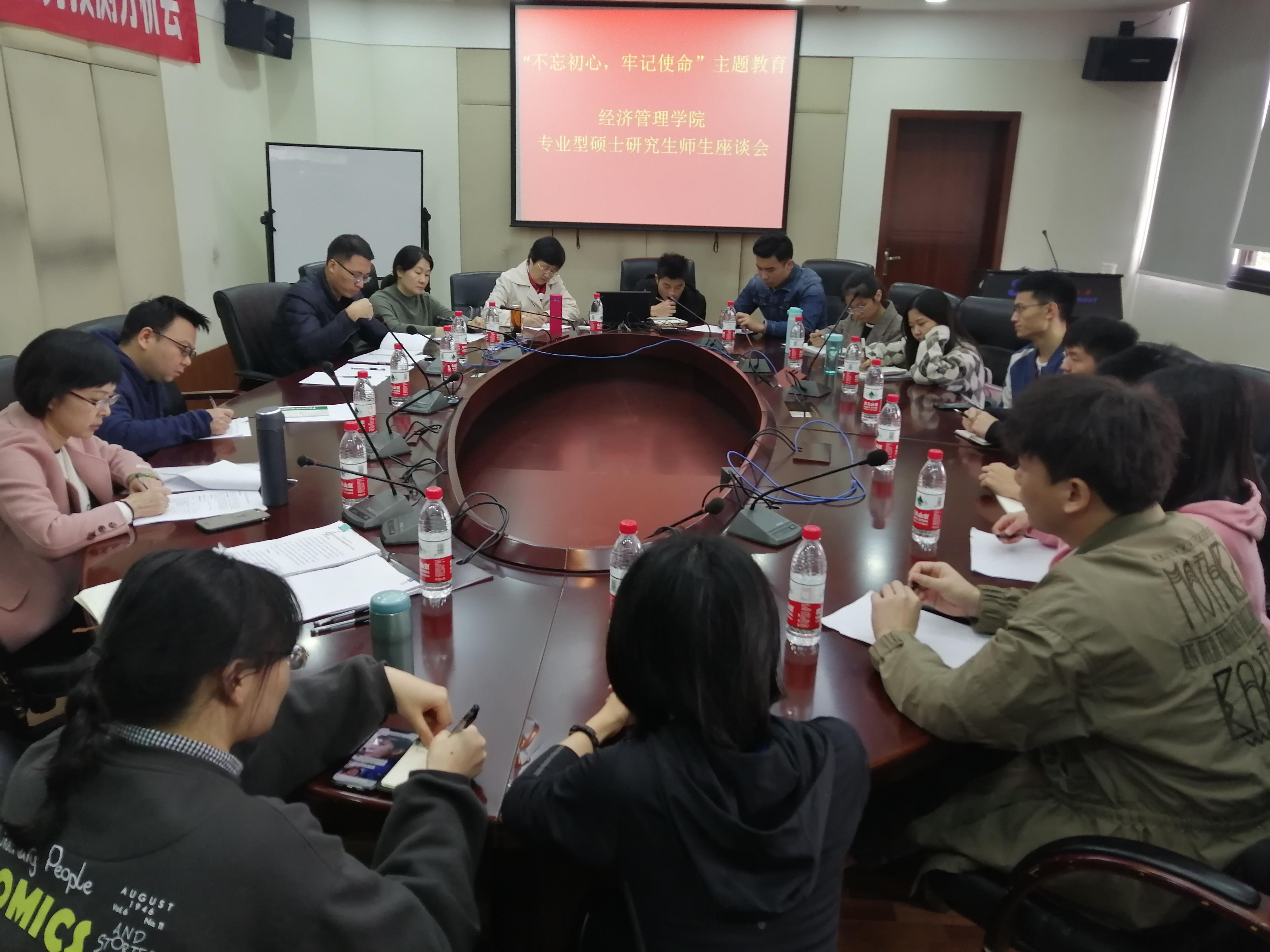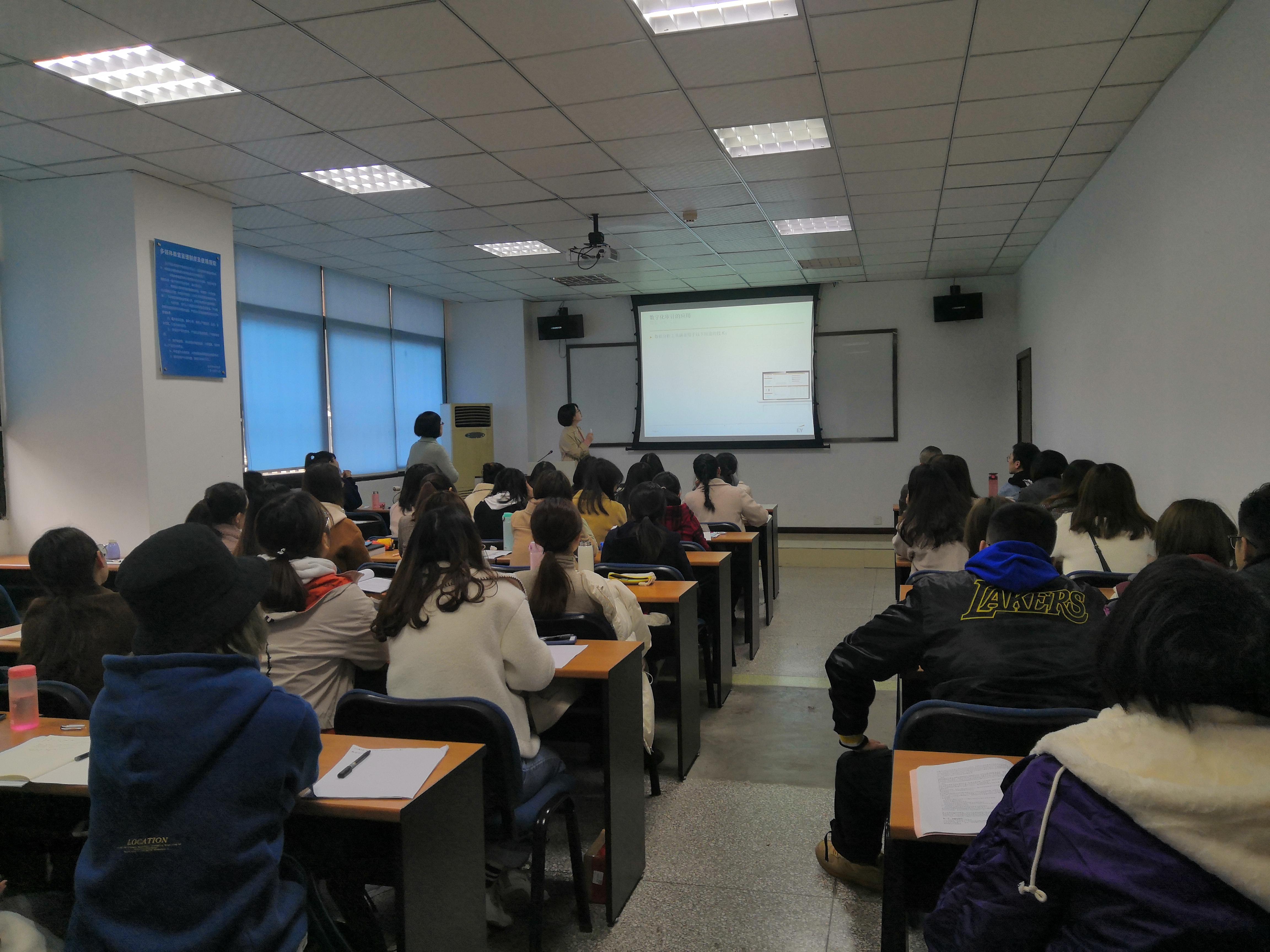Contact us
Address: No.111, North Erhuan Road, Chengdu, Sichuan, China, 610031
Tel: +86-28-87600822/87601403

Introduction:
The first level discipline of Management Science and Engineering of Southwest Jiaotong University (SWJTU) was established in the 1980s with the earliest first-level discipline doctoral degree conferring spot and postdoctoral research station in Southwest China. It is a key construction discipline of Sichuan Province and the former key construction discipline of Ministry of Railways, and an important base in Southwest China for managerial personnel cultivation and scientific research.


In 1988, the discipline was the first in Southwest China to be awarded National Natural Science Foundation of China (NSFC) in management science. In 2003, the discipline became the first winner in Sichuan Province for National Science Funds for Distinguished Young Scholars (Category B). In 2009, it was approved as the only Innovation Team of the Ministry of Education (MOE) in Western China so far (Research on Behavioral Decision-making Theory and its Application in Management). In 2010, it hosted the first Major Project of NSFC in Southwest China: Research on Service Participant Behavior and Service Strategy in Network Environment. In 2013, it won the second Major Project of NSFC in Southwest China: Research on Customer Insight and Marketing Strategy in the Context of Big Data.
The discipline now has two Chair Professors of the Cheung Kong Scholars Program of MOE, one winner of the National Science Funds for Distinguished Young Scholars, three members of the Program for New Century Excellent Talents in University of MOE, eight experts in 100-Talents Program of Sichuan Province and with the title of Academic and Technological Leaders of Sichuan Province and Experts with Significant Contributions to Sichuan Province, and one first prize winner of Fok Ying Tong Education Foundation for Young Faculty of Higher Education Institution. It also has three scientific research platforms (Sichuan Provincial Key Laboratory for Service Science and Innovation, 2011 Collaborative Innovation Center for Services and Strategies Based on Big Data, and 2011 Collaborative Innovation Center for International Development of China High-speed Railway) and two teaching platforms (Training Model Innovation Experimental Zone for International, Engineering, Differentiated Managerial Talents, and Sichuan Provincial Experimental Teaching Center).
Since 2012, the discipline has undertaken 32 projects from NSFC, National Social Science Foundation of China (NSSFC) and Humanities and Social Science Foundation of MOE. Relevant academic achievements have been published on top domestic and international journals such as Operations Research and Production and Operations Management, and some of them have been selected as highly cited papers of ESI. It also obtained eight provincial and ministerial outstanding achievements awards in Philosophy and Social Sciences.
In terms of talents training, adhering to the traditions of “Rigorous Scholarship” and “Stringent Requirements” and the university’s features in rail transit, the discipline trained a large number of comprehensive talents with social responsibility and healthy personality, with professional integrity and abilities, with humanity and scientific literacy, with historical perspective and global vision, with innovative spirit and critical thinking, and mastering the scientific theories and engineering technological methods. They will grow into critical leaders and managerial cadres in high-speed railway construction of the Belt and Road Initiative, industry elites of innovation and entrepreneurship in The Grand Western Development Program, and academic leaders and backbones in universities and colleges who will have wide influence and good reputation around the country.
Relying on the advantages of rail transit, the discipline strives to develop research in related fields under the background of big data. The main research directions are engineering and project management, which has made excellent achievements in rail transit project management and construction, project sustainability, PPP project management, large-scale complex project management, etc. Research is conducted on the early-stage decision-making, operation management, quality and risk control of rail transit projects, so as to provide theoretical guidance for the development of rail transit engineering industry and project management practice. Besides, research is also conducted on construction waste reduction and recycling, and PPP project financing and risk to keep up with hot issues and solve practical problems encountered in industry.
The research features of this discipline are as follows:
(1) Relying on opportunities in rapid development of national rail transit and the university’s academic advantages in field of high-speed railway and transportation engineering, a series of researches on rail transit project management, rail transit enterprise management, rail transit economy, and quality and risk control of Beijing-Shanghai high-speed railway construction project have been carried out to enrich the theories and methods of rail transit project management in China and to provide theoretical and technical support for the high-speed railway strategy of Belt and Road Initiative.
(2) Relying on the Innovation Team and Major Projects of NSFC, advantageous research direction construction in big data service operation management is vigorously promoted. Researches on consumer behavior insight under big data environment, marketing strategy designation, social network analysis, telecom products development, and smart retail marketing in the fields of Public Transportation, Railway, Telecommunication, Marketing, Medical Care, and Finance are conducted. A big data industry-college-institution cooperation platform with Chengdu Public Transport Group Co., Ltd, China Railway Chengdu Group Co., Ltd, China Telecom Sichuan Branch, Sichuan Provincial People’s Hospital and IBM is also established.
(3) Two research teams for disaster relief and emergency management are set up based on the two research platforms of the school. After the earthquakes in Wenchuan and Lushan, the teams played an active role as think tanks. The team members conducted field researches in places like Deyang, Dujiangyan, Shifang and Tianquan, compiled investigation reports on country roads and assessment reports on reconstruction, and provided policy suggestions on post-disaster reconstruction to serve the people and the government.
(4) Four research clusters in Logistics, Decision-making, Engineering Management, and Information Management are established based on rigorous academic staff and distinctive discipline directions of the school and also made some achievements in top magazines in Management. An interdisciplinary research platform across Management, Traffic, Information and Engineering has been established, and some of its research results are retrieved as ESI highly cited papers.